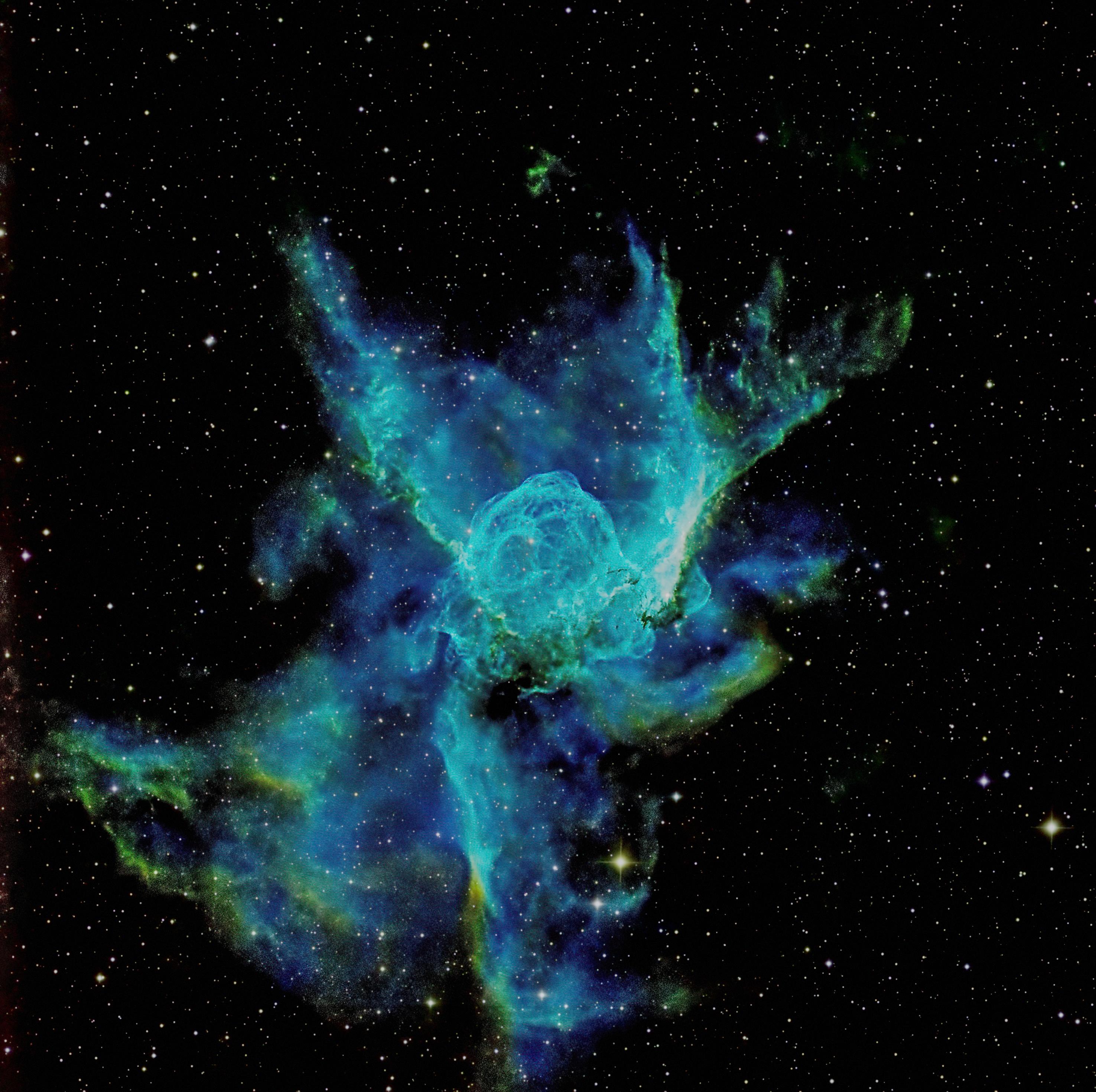Home › Forums › RAC Main Forum › General Discussion › Observing tonight?
Tagged: Root River Observing
- This topic has 2,644 replies, 51 voices, and was last updated 8 months, 1 week ago by
AstroMom.
-
AuthorPosts
-
October 24, 2022 at 10:22 pm #14055
very nice Bob! thanks for sharing 😉
December 7, 2022 at 11:32 am #14071Lets observe Mars occultation by the moon tonight. Times are approximately 9:03 pm for disappearance and 10:09 for reappearance. Weather is forecast to be clear skies.
December 7, 2022 at 9:13 pm #14072And Mars is gone behind Moon. It was awesome!
December 7, 2022 at 10:09 pm #14073yes, it was nice. i’ve never noticed Mars (or any planet) so far off the ecliptic and wondered if there was a particular reason why? has it something to do with higher latitudes?
December 7, 2022 at 11:48 pm #14074Here’s a image about 8 minutes before Mars disappeared. 10 in SCT and 6.3 Mpixel camera.
Attachments:
December 7, 2022 at 11:55 pm #14076And a quick video of Mars occultation at 9:03 pm.
Attachments:
December 8, 2022 at 9:51 am #14078Well, it is very simple. Mars is in Taurus, an zodiacal constellation, not so far from bright Aldebaran. Ecliptic in this area has high positive declination. Actually, Mars is not too far from ecliptic. Mars has today ecliptical latitude 2°20′, not much.
December 8, 2022 at 8:44 pm #14079i thought the ecliptic was a path further south. does latitude have any effect? thanks josef!
December 10, 2022 at 3:25 pm #14080Jim, I asked ChatGPT at https://chat.openai.com/chat “Explain why is ecliptic so high now in Winter” and here is answer:
The ecliptic is the plane in which the Earth and other planets in our solar system orbit around the sun. The tilt of the Earth’s axis causes the seasons, including winter, and determines the angle at which the ecliptic intersects the celestial sphere (the imaginary sphere of the sky seen from Earth). In winter, the North Pole is tilted away from the sun, causing the sun to appear lower in the sky and the ecliptic to appear higher. This is why the ecliptic appears to be higher in the sky during the winter months.
Not bad for AI, right?
December 11, 2022 at 1:59 pm #14081thank you so much Josef! i knew it didn’t look as i remembered…explains it perfectly 😉
jimJanuary 4, 2023 at 7:45 pm #14086The December 30th early evening (6:30 pm) sky was great for observing the moon and Jupiter with the 4.5 inch Starblast telescope. I had purchased the Orion 2x Shorty Barlow and was eager to try it with the Orion 6.3 megapixel camera. Was happy to easily get a sharp focus at approximately 150 magnification. In the photos below the moon was a still frame from a short video. For Jupiter the planet and moons were imaged separately and recombined to approximate the visual appearance (Jupiter’s disc is greatly overexposed when video capturing the 4 Galileo moons). The moons’ order with respect to nearest to planet was Calisto, Io, Europa and Ganymede. Jupiter’s disc was a short video stack of 100 images processed with PIPP, AS3 and Registax. Surprisingly good detail on the disc was seen.
January 17, 2023 at 8:25 am #14094 January 17, 2023 at 8:27 am #14095
January 17, 2023 at 8:27 am #14095That was an image of Thor’s Helmut, Southern Hemisphere, Telescope Live 50cm telescope, Chile, edited in PI and PS.
Mike Benson
January 20, 2023 at 6:38 am #14098that’s an awesome image!
February 8, 2023 at 4:45 pm #14120Absolutely!
Doing some observing with that small refractor donated to the club last meeting (AT80ED, 3.1 inch F7). After Jay and I cleaned it up I obtained an Orion motorized mount from Randy and got out the last 2 nights to observe and image with the scope and my Orion 6.3 Mpixel camera.
The file below is an animated gif of the Trapezium area of M42 at different exposures (.5 sec, 4 seconds, 8 seconds and 16 seconds. This area is really interesting and often gets overexposed in whole nebula pictures.
Hopefully the animation works! -
AuthorPosts
- You must be logged in to reply to this topic.




